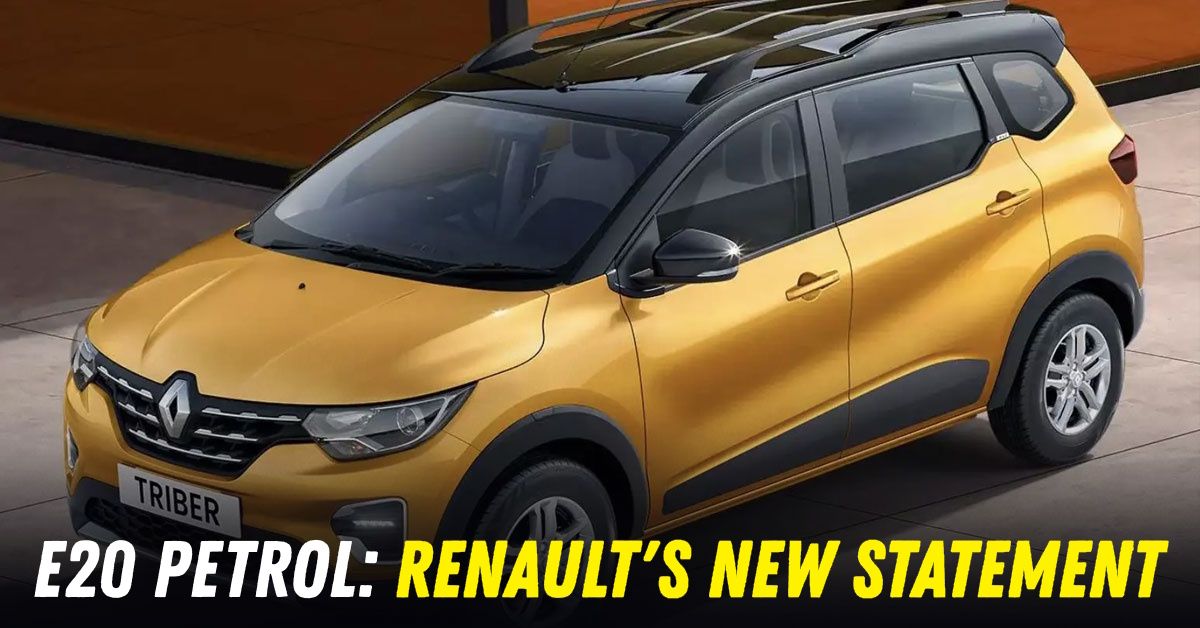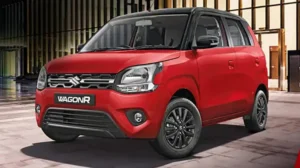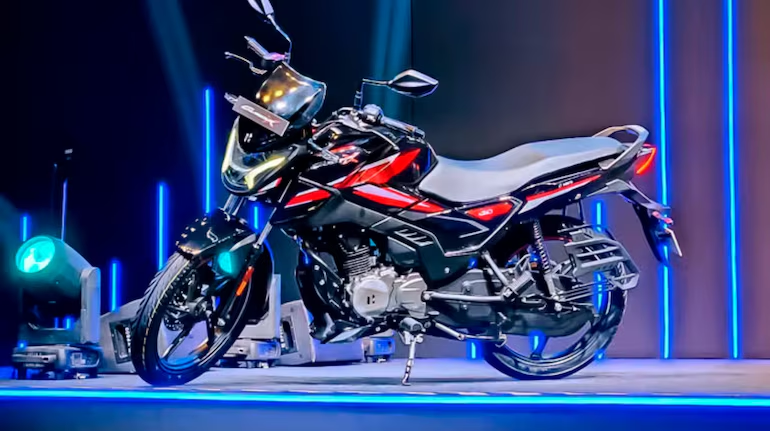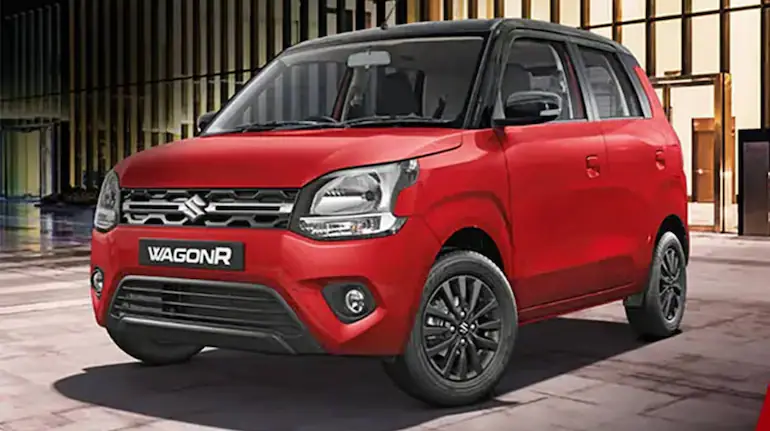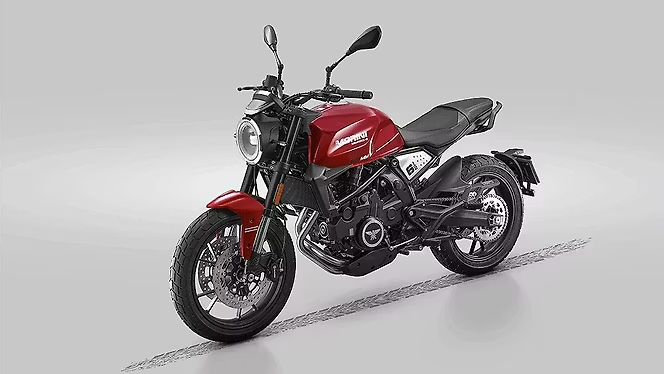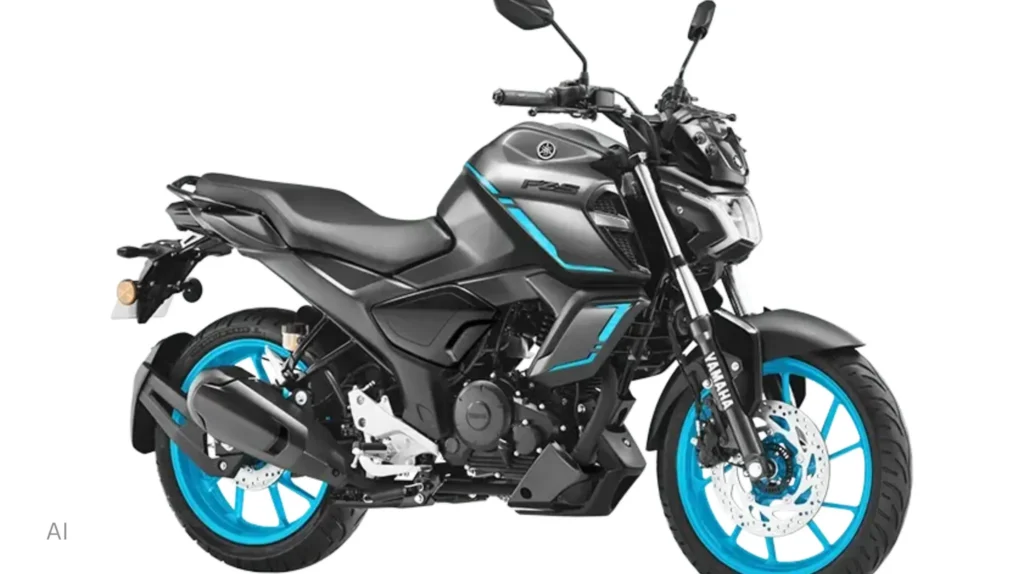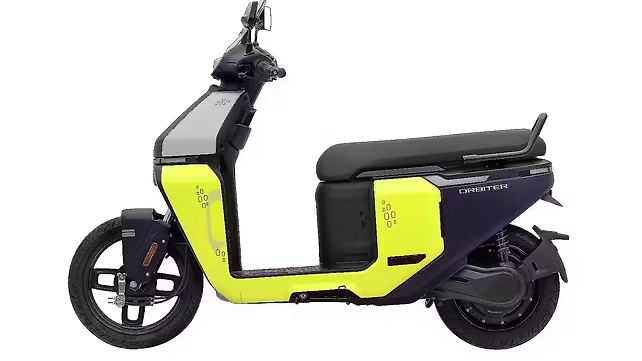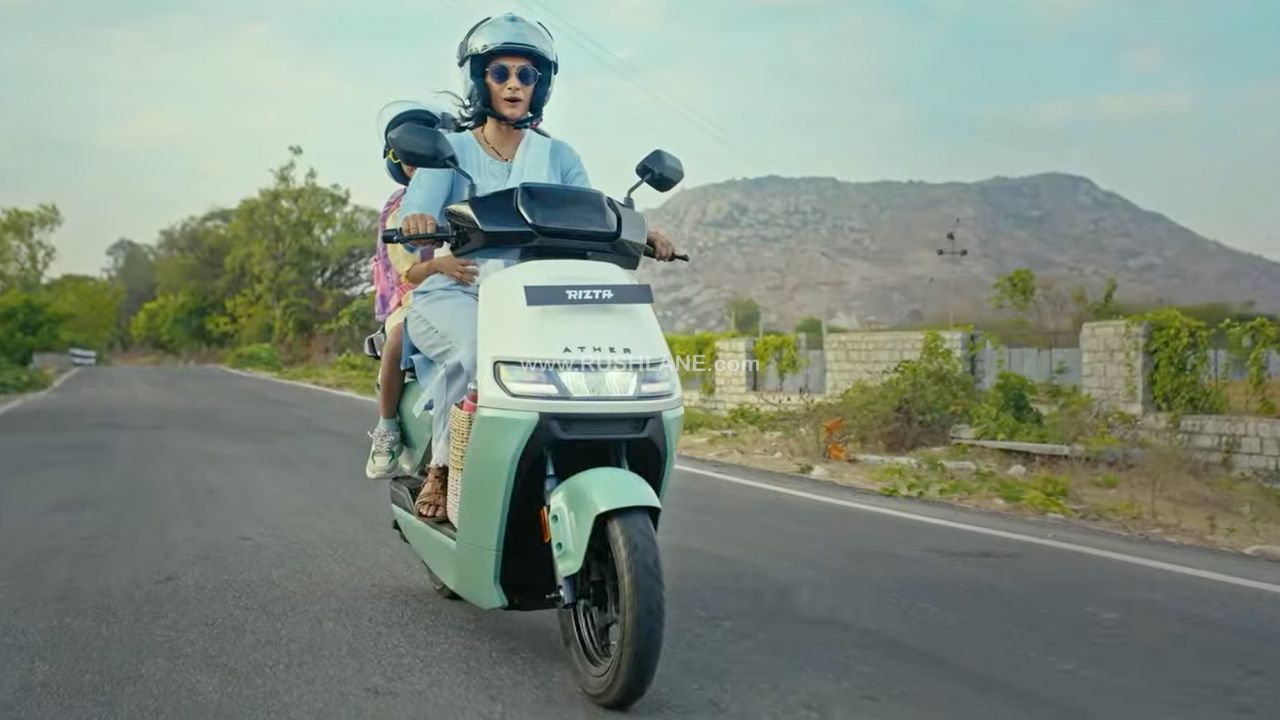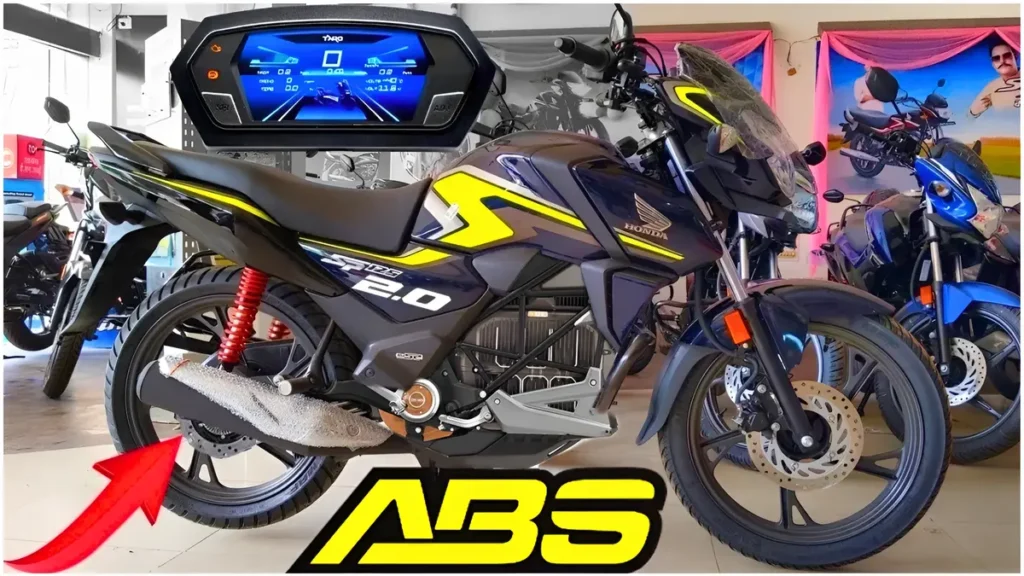Have you ever pulled up to a fuel station, stared at the pump options, and wondered if the latest ethanol blend could harm your car’s engine? With governments pushing for greener fuels, many Renault owners are asking: E10 Renault Cars Compatible With E20 Fuel? Brand Says No Issues! This question has sparked confusion, especially as E20 petrol becomes more common in markets like India. In this comprehensive article, we’ll dive into the facts, backed by official statements and tests, to help you understand if your Renault vehicle can handle the switch without worry. You’ll learn about fuel types, Renault’s position, potential effects, and tips for smooth driving in 2025. Whether you’re a daily commuter or a long-road enthusiast, this guide equips you with the knowledge to make informed choices. about us
Understanding E10 and E20 Fuels
To grasp the compatibility debate, it’s essential to break down what these fuels are and why they’re gaining traction.
What is E10 Fuel?
E10 fuel is a blend of 90% petrol and 10% ethanol, a biofuel derived from plants like sugarcane or corn. Introduced in many countries to reduce carbon emissions, E10 has been standard for years. Most modern vehicles, including Renault models from the early 2010s onward, are designed to run on it seamlessly. Ethanol helps lower greenhouse gases and dependence on fossil fuels, but it can absorb water, potentially leading to corrosion in older engines not built for it. Renault has long certified its cars for E10, ensuring components like fuel lines and seals are resistant to ethanol’s effects.
What is E20 Fuel?
E20 takes it a step further, mixing 80% petrol with 20% ethanol. This higher blend aims to cut emissions even more and boost energy security by using local biofuels. In India, the government has accelerated E20 rollout to meet sustainability goals, with full adoption targeted by 2025-2026. While E20 offers environmental benefits, concerns arise about its impact on vehicles certified only for lower blends like E10. Higher ethanol can affect fuel efficiency and engine parts if not compatible, but recent advancements have addressed many of these issues.
The shift from E10 to E20 isn’t just about numbers—it’s part of a global move toward eco-friendly transport. Countries like Brazil have used high-ethanol fuels for decades, providing a blueprint for others.
Renault’s Stance on E20 Compatibility
Renault has directly addressed the burning question: E10 Renault Cars Compatible With E20 Fuel? Brand Says No Issues! In recent statements, particularly from Renault India, the brand reassures owners that their E10-certified vehicles can operate on E20 without significant problems. This comes after customer queries highlighted initial uncertainties, prompting the company to clarify based on rigorous testing.
Renault emphasizes that no serious challenges have been observed in real-world usage. Their vehicles’ engines, fuel systems, and emissions controls are robust enough to handle the increased ethanol without compromising performance or longevity. This position aligns with broader industry trends, where automakers are adapting to higher biofuel mandates.
Official Statements from Renault
In August 2025, Renault India issued a press release following concerns from owners. They stated that extensive road tests showed no adverse effects on drivability, fuel economy, or engine health when using E20 in E10-compliant models. This clarification was necessary after mixed messages, such as an initial advisory to one customer against E20, which was later corrected. Renault’s global approach to sustainability also supports this, as the company invests in flexible-fuel technologies for future models.
For specific models like the Renault Triber, Kiger, and Kwid—popular in emerging markets—the brand confirms compatibility. Owners of pre-2023 vehicles should note that while tested, regular maintenance remains key to avoiding any minor ethanol-related issues.
Tests and Studies Supporting Compatibility
Renault’s confidence stems from collaborative research. A joint study by the Indian Oil Corporation (IOC) and the Automotive Research Association of India (ARAI) tested E10-certified Renault cars on E20 over thousands of kilometers. The draft report concluded no negative impacts, including on engine components or emissions.
Key findings from the study:
- No corrosion in fuel systems after prolonged exposure.
- Stable performance in hot and humid conditions, common in India.
- Minimal drop in fuel efficiency, around 5-7%, which is typical for higher ethanol blends due to lower energy content.
These results were shared industry-wide, easing concerns for other brands too. Similar tests in Europe and the US have shown that most post-2010 vehicles handle up to E15 or E20 with ease, provided they’re maintained properly.
Government and Industry Backing
India’s Ministry of Petroleum and Natural Gas supports E20, mandating compatibility for new vehicles from 2023. Renault’s alignment with this policy underscores their commitment. For more details, check the official IOC report on ethanol blending
Potential Impacts on Vehicle Performance
While Renault says no major issues, it’s worth exploring what E20 might mean for your drive.
Higher ethanol can lead to slight changes:
- Fuel Efficiency: Expect a small reduction, as ethanol has less energy per liter than pure petrol. Tests show 3-5% less mileage in Renault models.
- Engine Start in Cold Weather: Ethanol’s higher volatility might affect cold starts, but this is rare in warmer climates like India.
- Long-Term Durability: Compatible materials prevent damage, but older seals might degrade faster if not ethanol-resistant.
On the positive side, E20 burns cleaner, reducing tailpipe emissions and potentially extending catalytic converter life.
Pros and Cons of Switching to E20 in Renault Cars
| Aspect | Pros | Cons |
|---|---|---|
| Environmental Impact | Lower CO2 emissions; supports green initiatives. | None significant, but production of ethanol can strain water resources. |
| Performance | Smoother combustion in some cases; no major drivability issues per Renault. | Minor fuel economy drop (5-7%). |
| Cost | Often cheaper due to subsidies; long-term savings on imports. | Potential for higher maintenance if not monitored. |
| Compatibility | Renault confirms safe for E10 models based on tests. | Initial confusion for pre-2023 owners. |
| Availability | Increasing at pumps in India and beyond. | Varies by region; not universal yet. |
This table highlights why many owners are making the switch confidently.
What’s New in 2025 Regarding Fuel Standards
As of 2025, fuel landscapes are evolving rapidly. India has achieved over 15% ethanol blending nationwide, with E20 available at most stations. Renault has updated its lineup, with new models like the refreshed Kiger fully E20-ready from the factory. Globally, the EU is considering higher blends, and Renault’s electric-hybrid push complements biofuel strategies.
Key updates:
- Stricter emission norms require advanced fuel systems.
- Incentives for biofuel-compatible vehicles, including tax breaks.
- Research into E30 and beyond, with Renault participating in trials.
For the latest on India’s ethanol program, visit the government’s portal [external link:
Real-World Examples and Case Studies
Take the case of Ankur Thakur, a Renault Triber owner in India. In August 2025, he queried Renault about E20 for his 2022 model and initially received a cautionary note. However, Renault quickly clarified via statement that tests showed no issues, resolving his concerns. Thakur reported smooth performance after switching, with only a negligible mileage dip.
Another example: Fleet operators in Mumbai tested 50 Renault vehicles on E20 for six months. Results mirrored official studies—no breakdowns, stable emissions, and cost savings from lower fuel prices.
In Brazil, where E27 is standard, Renault owners have logged millions of kilometers without ethanol-related failures, offering long-term reassurance.
Tips for Renault Owners Transitioning to E20
- Check your model’s manual or contact Renault support.
- Use high-quality fuel from reputable stations to avoid contaminants.
- Monitor for any unusual engine behavior and service regularly.
- Consider additives if in high-humidity areas to prevent water absorption.
These steps ensure your vehicle thrives on E20.
FAQ Section
Is my E10-certified Renault car safe to run on E20 fuel?
Yes, Renault confirms that E10-compliant models can use E20 without serious issues. Extensive tests by IOC and ARAI show no adverse effects on performance or durability. Always refer to your owner’s manual for specifics.
What are the potential side effects of using E20 in Renault vehicles?
Minor fuel efficiency reduction (around 5%) is common due to ethanol’s properties. No major engine damage reported in compatible models, but regular maintenance helps prevent any long-term wear.
How does E20 fuel benefit the environment compared to E10?
E20 reduces CO2 emissions by up to 10% more than E10, supporting India’s green goals. It also cuts oil imports, promoting energy independence.
Should I avoid E20 if my Renault is older than 2023?
Renault states no serious challenges for pre-2023 E10 models based on government tests. However, consult a dealer for personalized advice.
Where can I find more information on Renault’s fuel compatibility?
Visit Renault’s official website or contact customer care. For Indian owners, check updates from the Ministry of Petroleum.
Does switching to E20 void my Renault warranty?
No, as long as the vehicle is E10-certified and tests confirm compatibility, warranties remain intact per Renault’s statements.
Conclusion
In summary, the answer to E10 Renault Cars Compatible With E20 Fuel? Brand Says No Issues! is a resounding yes from the brand itself. Backed by thorough testing, official clarifications, and real-world examples, Renault owners can confidently embrace E20 for its environmental and economic benefits. As 2025 brings stricter fuel standards, staying informed ensures your vehicle runs efficiently. If you have experiences with E20 in your Renault, share in the comments below or sign up for our newsletter for more automotive insights. For more tips, visit our website at – your go-to source for car care advice.
